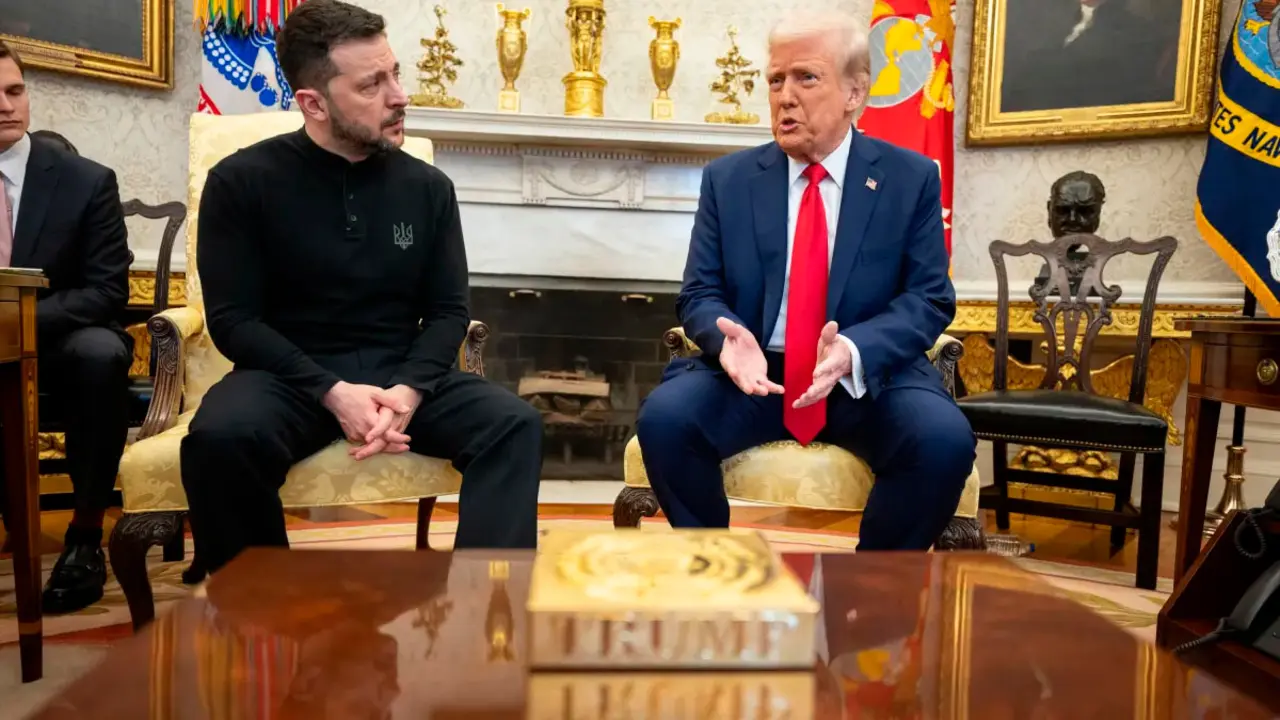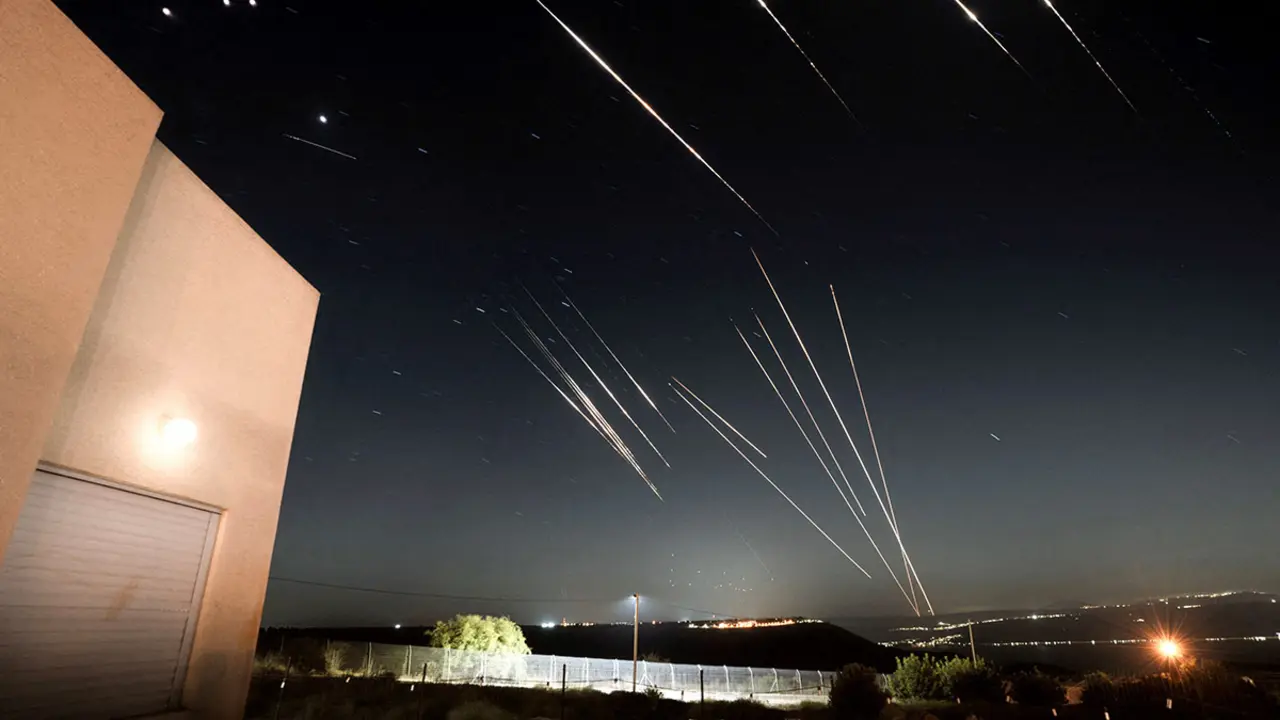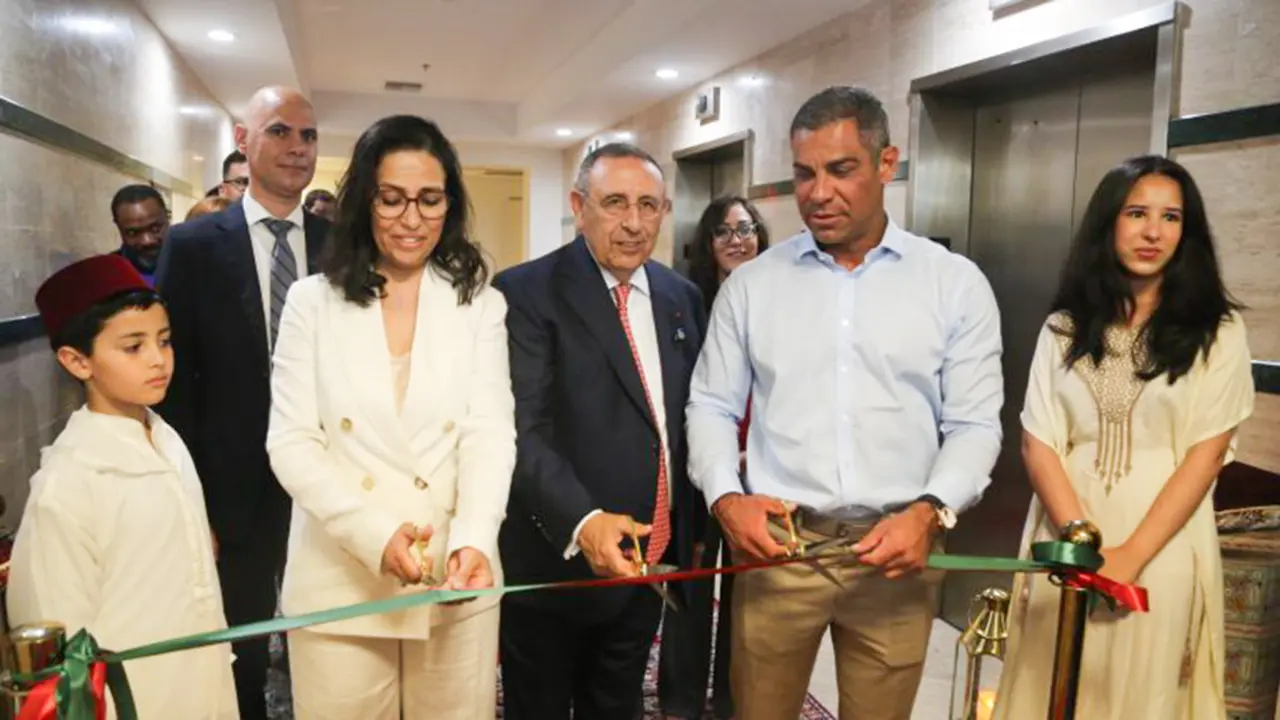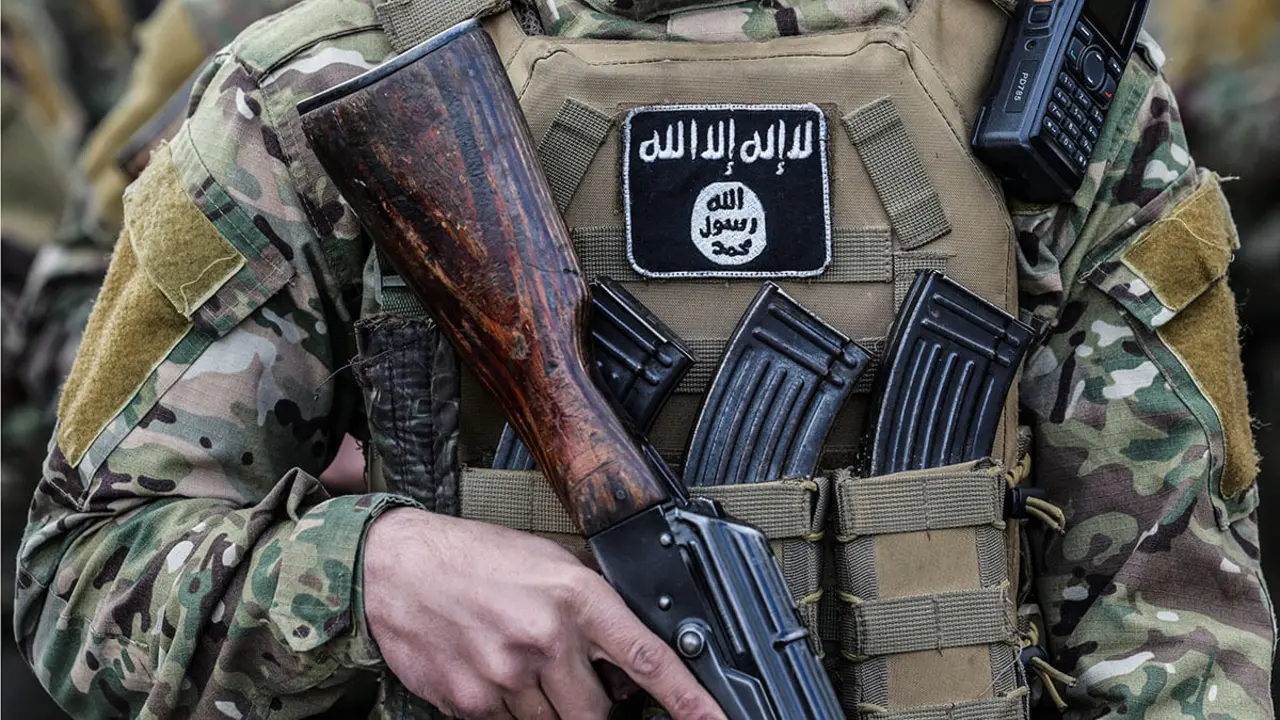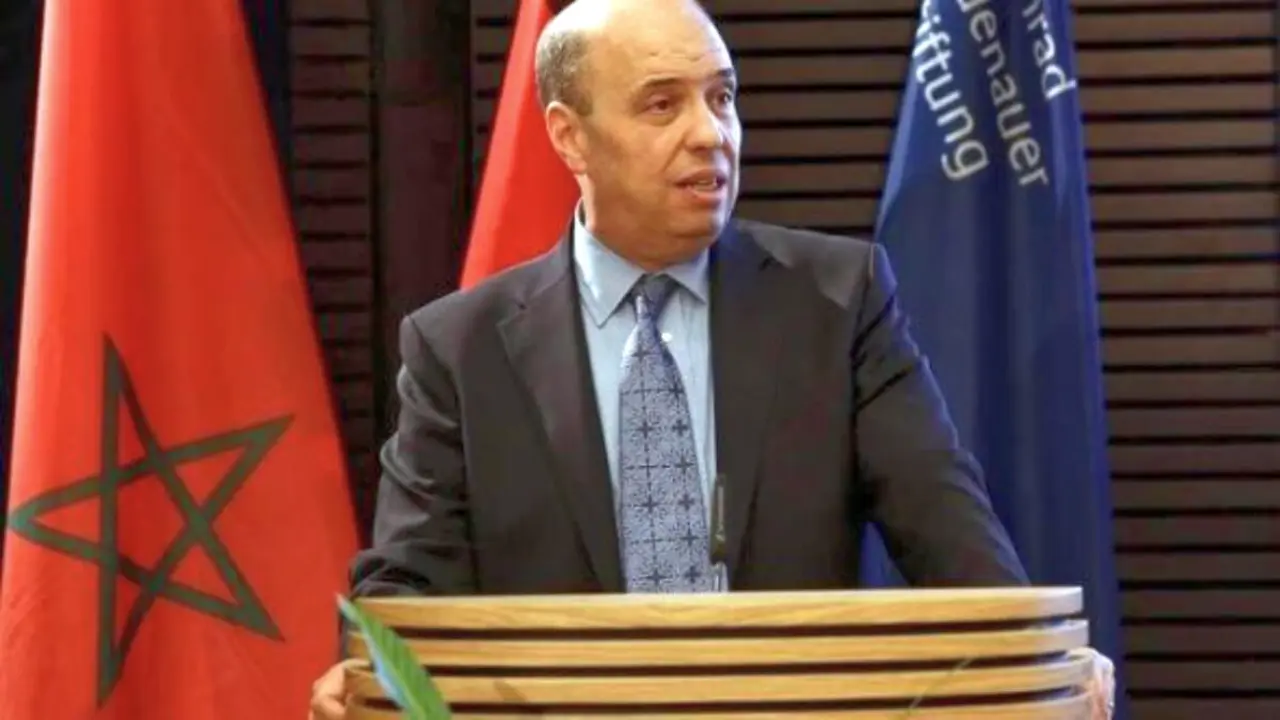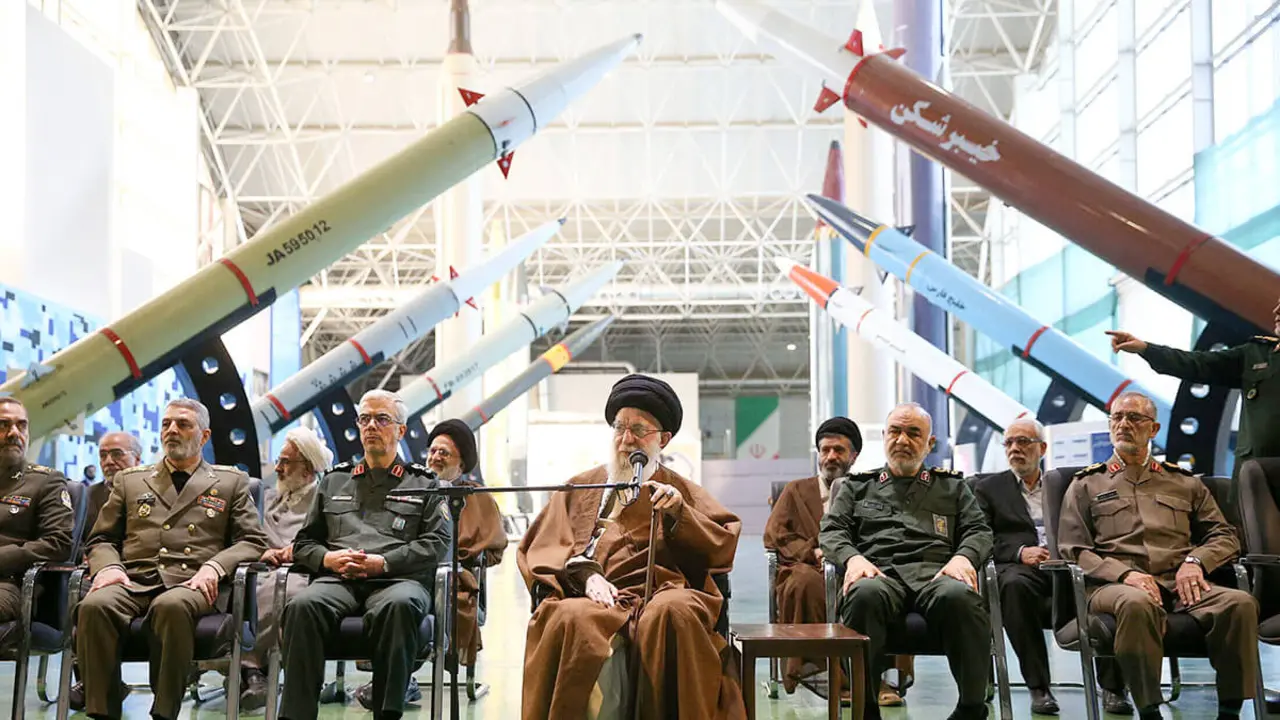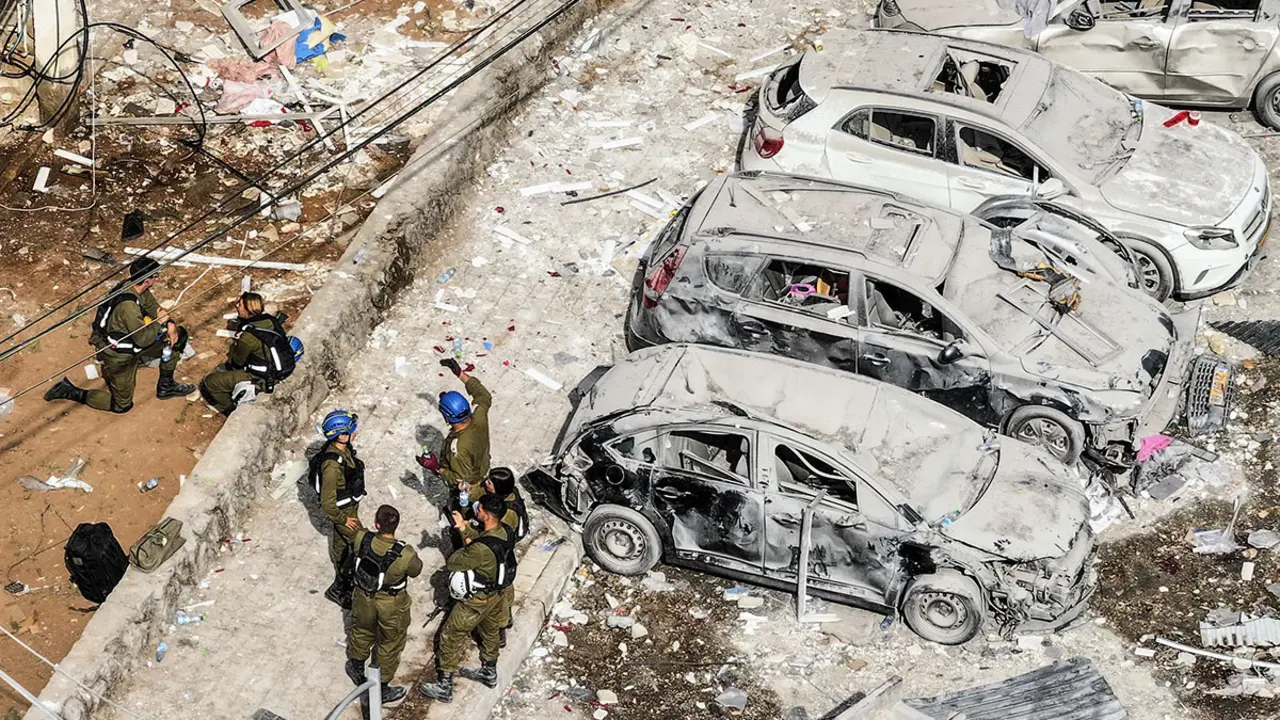Turkey already controls the Libyan ports of Tripoli, Misrata and Al-Khums
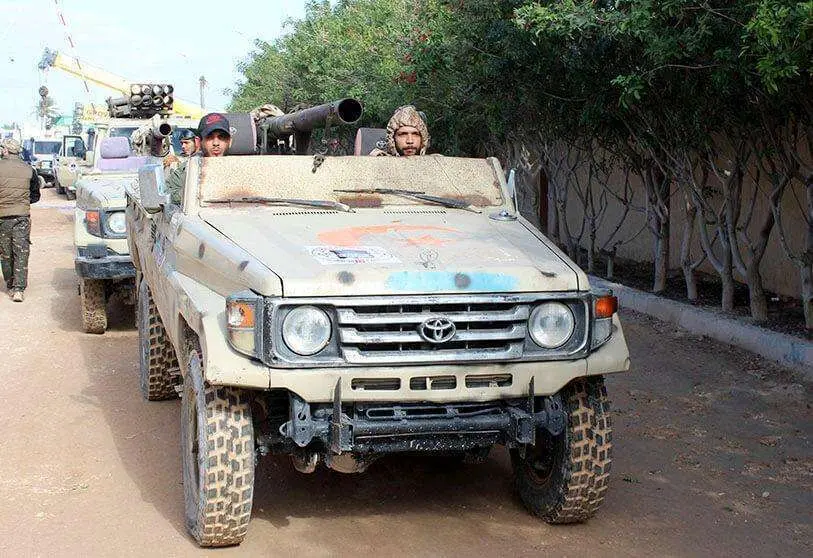
The Turkish forces intervening in Libya, supported by Qatar militarily and financially, already control the ports of Tripoli, Misrata and Al-Khums, confirmed Ahmed Al-Mesmari, spokesman of the Libyan National Army commanded by Marshal Khalifa Haftar, in a press conference via Facebook this Wednesday that includes the digital version of the Al-Arabiya chain. Al-Mesmari said that the Libyan Army is ready for battle and assured that its forces will stand up to the "enemy".
Libya is a failed state, a victim of chaos and civil war, since in 2011 NATO contributed militarily to the victory of the various rebel groups over the tyranny of Muammar al-Qadhafi. Since 2015, the country has two executives: the one under Haftar's tutelage in the east and one called the National Accord Government supported by the UN in Tripoli (GNA).
Al-Mesmari also reported during the press conference on Wednesday that the commander of the Libyan National Army, Khalifa Haftar, has authorized the reopening of oil ports in the disputed Gulf of Sirte and the resumption of oil and gas production after more than six months of blockade. According to the head of the militia Guardian of the Oil Facilities, Nayib al Maghribi, the measure seeks to "end the problems suffered by thousands of Libyans in different regions of the country and protect this vital infrastructure for the country's survival. In particular, to start up the power plants in the west of the country and guarantee the supply of electricity, which has been interrupted in many cities, including the capital.
Al-Mesmari also pointed out during his speech that Sirte and Al-Jufrah are not demilitarized areas and reported that Turkey has turned Misrata into a Turkish administrative base for training and weapons storage, and that Turkey has expanded to the port of Khums, where the largest naval base is located. This military official has stressed that his forces will not withdraw an inch from the town of Sirte and will continue to prepare to defend this area.
Al-Mesmari considers the meeting between the Turkish and Qatari defence ministers with Fayez Sarraj, President of the Government of Tripoli, which took place this week, to be a "declaration" of war against Libya. This military man has assured that Qatar and Turkey are working to recruit more mercenaries and send them to Libya to fight against the Libyan National Army. The Tripoli government, whose military forces are deployed in the vicinity of Sirte, has explained that the reopening of the ports is an insufficient step and that Haftar's forces must leave Sirte and Jufrah.
These warnings come at a time when the United States and Germany are trying to find ways for the Libyan parties to establish Sirte and Jufrah as a demilitarized zone to separate the two warring parties to avoid military confrontation in the region. In the last year, the fratricidal war that has shaken the country since 2015 has become a multinational armed confrontation, completely privatized, without regular armies, fought by local militias and foreign mercenaries.
The Tripoli government is supported by Qatar, Italy and Turkey - which has begun to set up military bases in Libya - while Haftar is backed by France, Jordan, Egypt, Sudan, Saudi Arabia, the United Arab Emirates and Russia, the latter countries providing it with its own mercenaries and weapons, despite the UN arms embargo that has been in place since 2011. Before the revolution, the country produced around 1.8 million barrels of crude oil per day, a figure that has fallen to less than 100,000 since Haftar ordered the blockade of the installations in the Gulf of Sirte, the heart of the Libyan oil industry.
For the past three months, the military forces of both Governments, supported by thousands of foreign mercenaries, have been deploying in that gulf, whose control is vital for the future of the country, amid intense international diplomatic activity to try to avoid a new armed confrontation.

